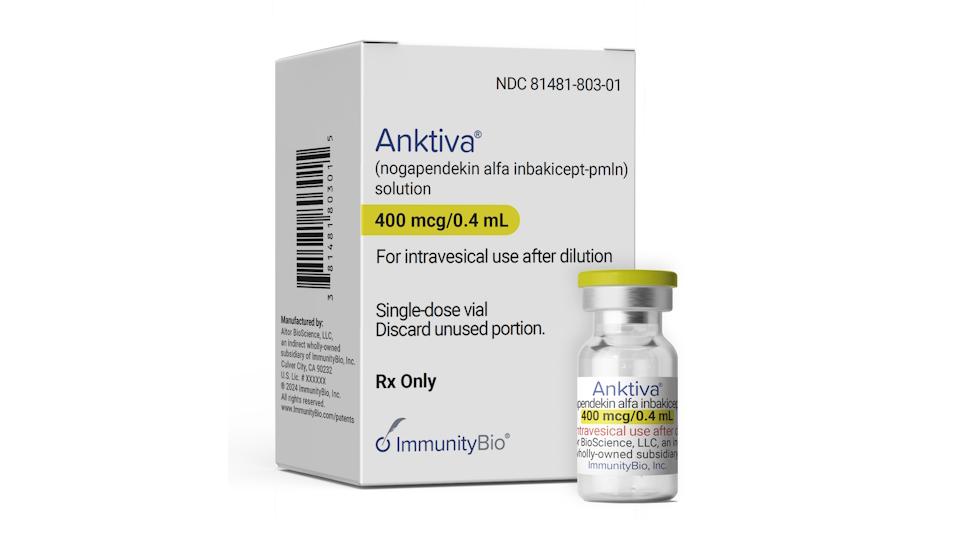FDA starts review of Padcev/Keytruda for bladder cancer

The FDA has kicked off a priority review of a new combination regimen for previously untreated, locally advanced or metastatic urothelial carcinoma (UC), the most common form of bladder cancer, based on MSD’s Keytruda and Astellas/Seagen’s Padcev.
The agency is due to deliver a verdict on the combination by 9th May next year and, if approved, it could be an alternative to first-line chemotherapy for all patients with this form of cancer.
Nectin-4-targeting antibody-drug conjugate Padcev (enfortumab vedotin) and PD-1 inhibitor Keytruda (pembrolizumab) already have accelerated approval from the FDA as a first-line option for advanced UC in patients who are ineligible for cisplatin-containing chemo.
If approved, the new labelling would make them an option for cisplatin-eligible patients as well - a much larger population.
In the US, it is estimated that more than 82,000 people will be diagnosed with bladder cancer this year, with UC accounting for 90% of cases. Astellas has previously estimated there are approximately 8,000 to 9,000 patients in the US with UC who are not eligible for cisplatin-based chemo.
The filing is based on the results of the EV-302/KEYNOTE-A39 trial, which showed that the duo reduced the risk of death by 53% compared to chemotherapy when used as a first-line treatment for locally advanced or metastatic UC.
Patients treated with the combination had a greater than 15-month improvement in overall survival (OS), at 31.5 months compared to 16.1 months with chemo, while median progression-free survival (PFS) doubled to 12.5 months from 6.3 months.
“These patients have a critical need for innovative new therapies, as chemotherapy has been the standard of care for over 30 years,” commented Ahsan Arozullah, head of oncology development at Astellas. “We are committed to delivering on our goal of helping patients with advanced urothelial cancer live longer.”
The Padcev/Keytruda combination could see competition from a rival regimen of Bristol-Myers Squibb’s PD-1 inhibitor Opdivo (nivolumab) given with standard chemotherapy, which showed improvements in OS and PFS in the recently reported CheckMate 901 trial.
That was the first study to show an improvement in OS using a combination of chemotherapy and immunotherapy in previously untreated patients with advanced UC, and could offer a cheaper alternative than the Keytruda/Padcev regimen.
Another trial to watch in this setting in the coming months is the NILE study, looking at the combination of AstraZeneca’s PD-L1 inhibitor Imfinzi (durvalumab) with chemo, Imfinzi with AZ’s CTLA4 inhibitor Imjudo (tremelimumab) and chemo, or chemo alone. Results from that are due next year.
MSD (known as Merck & Co in North America), Astellas, and Seagen are also running additional trials of the Keytruda/Padcev combo in UC, including two phase 3 clinical trials in earlier-stage muscle-invasive bladder cancer called KEYNOTE-B15/EV-304 and KEYNOTE-905/EV-303.













